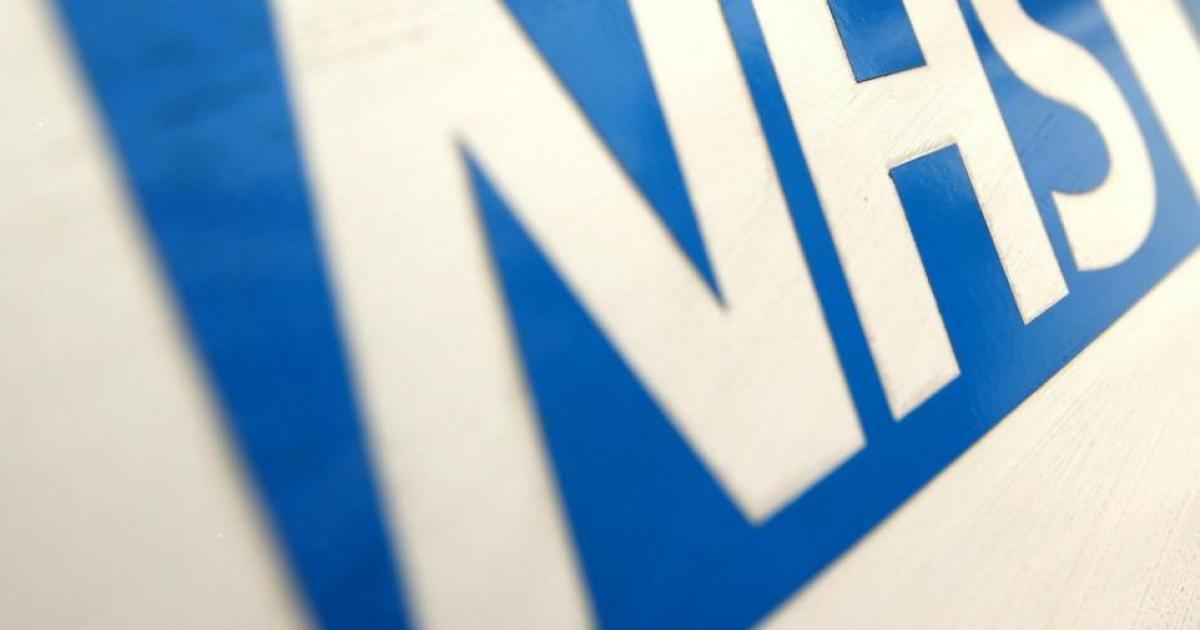The work took place across Burnley in the last two years, focusing on people experiencing homelessness, armed forces veterans, refugees, and asylum seekers.
In total, 526 health checks were carried out, connecting people with services they may not otherwise have accessed.
Clinics were also provided to vulnerable people and funded by the Lancashire and South Cumbria Integrated Care Board (ICB).
They were led by NHS health inequality clinical leads, clinical directors and Primary Care Network managers.
The clinics were established in areas with high levels of deprivation and an above-average rate of urgent and emergency care hospital admissions.
Dr Yas Naheed, clinical director at Burnley East PCN, said: “Fuel poverty, poor nutrition, and unemployment in parts of Burnley have been known to contribute to poor health outcomes, while the mix of urban and rural areas can present challenges for people regarding transport and access to services.
“Often, vulnerable groups struggle to engage with traditional services as they fear authority, judgement and stigmatisation.
“We have developed a multidisciplinary approach working with East Lancashire Hospitals NHS Trust, Burnley Council, social services, and VCFSE organisations such as Church on the Street, so that there is a holistic approach to helping people with what matters most.”
READ MORE:
The project is a collaboration between the Burnley East and West Primary Care Networks (PCNs) and voluntary, community, faith, and social enterprise partners.
One case involved a man called Barry, who is 52 and had recently been released from prison. He has asthma but had no medication for it, but was seen at a Living Well clinic hosted by Church on the Street.
Lucy Astle, health inequality lead for Burnley East PCN, said: “The risk of unmanaged asthma is unnecessary A&E attendance, possibly hospitalisation, and in extreme cases, particularly during winter, the risk of death.
“Our collaborative team of NHS workers and local partners registered Barry with a GP, completed an Enhanced Health Check and asthma review, arranged for him to have access to asthma inhalers, and connected him with housing and benefits support.
“He said that it was nice to see staff who care, didn’t judge him and understood what he was going through.”
The ICB plans to collaborate more with primary care networks across Lancashire and South Cumbria to share and grow this type of partnership working to reach people in the community who need more support to access health services.
